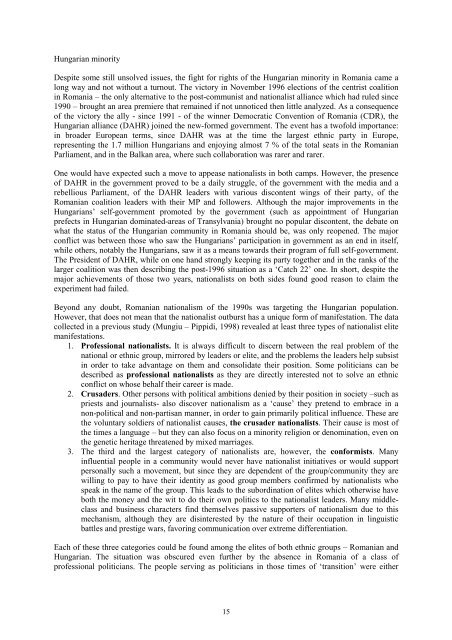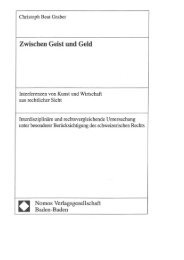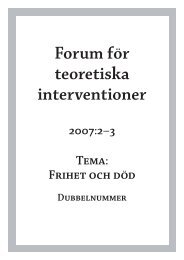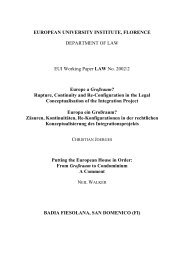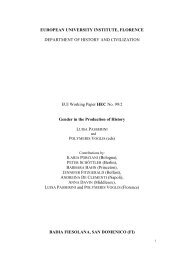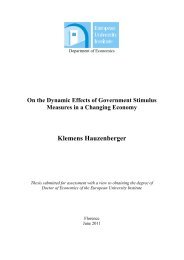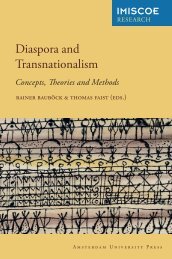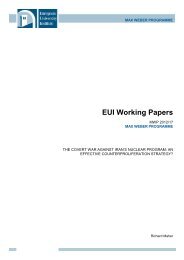Sinziana-Elena Poiana Ioana Lupea Irina-Madalina Doroftei Alina ...
Sinziana-Elena Poiana Ioana Lupea Irina-Madalina Doroftei Alina ...
Sinziana-Elena Poiana Ioana Lupea Irina-Madalina Doroftei Alina ...
Create successful ePaper yourself
Turn your PDF publications into a flip-book with our unique Google optimized e-Paper software.
Hungarian minority<br />
Despite some still unsolved issues, the fight for rights of the Hungarian minority in Romania came a<br />
long way and not without a turnout. The victory in November 1996 elections of the centrist coalition<br />
in Romania – the only alternative to the post-communist and nationalist alliance which had ruled since<br />
1990 – brought an area premiere that remained if not unnoticed then little analyzed. As a consequence<br />
of the victory the ally - since 1991 - of the winner Democratic Convention of Romania (CDR), the<br />
Hungarian alliance (DAHR) joined the new-formed government. The event has a twofold importance:<br />
in broader European terms, since DAHR was at the time the largest ethnic party in Europe,<br />
representing the 1.7 million Hungarians and enjoying almost 7 % of the total seats in the Romanian<br />
Parliament, and in the Balkan area, where such collaboration was rarer and rarer.<br />
One would have expected such a move to appease nationalists in both camps. However, the presence<br />
of DAHR in the government proved to be a daily struggle, of the government with the media and a<br />
rebellious Parliament, of the DAHR leaders with various discontent wings of their party, of the<br />
Romanian coalition leaders with their MP and followers. Although the major improvements in the<br />
Hungarians’ self-government promoted by the government (such as appointment of Hungarian<br />
prefects in Hungarian dominated-areas of Transylvania) brought no popular discontent, the debate on<br />
what the status of the Hungarian community in Romania should be, was only reopened. The major<br />
conflict was between those who saw the Hungarians’ participation in government as an end in itself,<br />
while others, notably the Hungarians, saw it as a means towards their program of full self-government.<br />
The President of DAHR, while on one hand strongly keeping its party together and in the ranks of the<br />
larger coalition was then describing the post-1996 situation as a ‘Catch 22’ one. In short, despite the<br />
major achievements of those two years, nationalists on both sides found good reason to claim the<br />
experiment had failed.<br />
Beyond any doubt, Romanian nationalism of the 1990s was targeting the Hungarian population.<br />
However, that does not mean that the nationalist outburst has a unique form of manifestation. The data<br />
collected in a previous study (Mungiu – Pippidi, 1998) revealed at least three types of nationalist elite<br />
manifestations.<br />
1. Professional nationalists. It is always difficult to discern between the real problem of the<br />
national or ethnic group, mirrored by leaders or elite, and the problems the leaders help subsist<br />
in order to take advantage on them and consolidate their position. Some politicians can be<br />
described as professional nationalists as they are directly interested not to solve an ethnic<br />
conflict on whose behalf their career is made.<br />
2. Crusaders. Other persons with political ambitions denied by their position in society –such as<br />
priests and journalists- also discover nationalism as a ‘cause’ they pretend to embrace in a<br />
non-political and non-partisan manner, in order to gain primarily political influence. These are<br />
the voluntary soldiers of nationalist causes, the crusader nationalists. Their cause is most of<br />
the times a language – but they can also focus on a minority religion or denomination, even on<br />
the genetic heritage threatened by mixed marriages.<br />
3. The third and the largest category of nationalists are, however, the conformists. Many<br />
influential people in a community would never have nationalist initiatives or would support<br />
personally such a movement, but since they are dependent of the group/community they are<br />
willing to pay to have their identity as good group members confirmed by nationalists who<br />
speak in the name of the group. This leads to the subordination of elites which otherwise have<br />
both the money and the wit to do their own politics to the nationalist leaders. Many middleclass<br />
and business characters find themselves passive supporters of nationalism due to this<br />
mechanism, although they are disinterested by the nature of their occupation in linguistic<br />
battles and prestige wars, favoring communication over extreme differentiation.<br />
Each of these three categories could be found among the elites of both ethnic groups – Romanian and<br />
Hungarian. The situation was obscured even further by the absence in Romania of a class of<br />
professional politicians. The people serving as politicians in those times of ‘transition’ were either<br />
15


